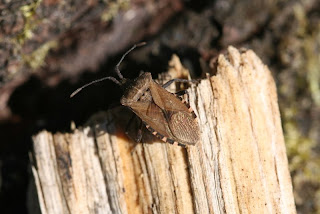Friday 4.30.10
Q10 is a about a buck twenty, as it’s usually between 7.5-8.3 Quetzals per US dollar. Here’s a list of things I can buy for Q10 in or around my town:
10-20 avocadoes, depending on their size
2 lbs of onions
2 lbs of jalapeno peppers
6-7 cucumbers
10 monster-sized carrots
4-5 red bell peppers
10 bundles of cilantro
10 bundles of radishes
5 heads of broccoli
4 small heads of lettuce
4-5 lbs of tomatoes
6-7 lbs of green beans
5 lbs of green peas
20 bananas
1 papaya to feed 3 people comfortably
5-10 mangoes, depending on their size
1 pineapple
4 apples
5 lbs of plumbs – the plumbs here are the size of monster cherries
½ lb of dried really spicy chilies used to make hot salsa
A little under a pound of chicken
½ lb of beef
10 eggs
2 lbs of black beans
5 lbs of potatoes
2 ½ lbs of rice
4 sticks of margarine
20 packets of cookies (4 cookies in each packet of imitation oreos)
4 bottles of soda
20 pieces of bread the size and shape of a softball
10 “shekas” – breads the size and shape of a small circular plate which are perfect for sandwiches
40 little chocolates the size of small marbles (although they are not very tasty)
20 packets of chips in various flavors (rather small, so I usually buy two at a time)
50 tortillas (about a 6 inch diameter)
10 chuchitos (tortilla with salsa and meat cooked in a little corn husk package)
2-3 chile rellenos
2 meals with my host family – I pay them Q5 each day for them to make me lunch, and I make my own dinner and breakfast
5 minutes of phone calls to the US (15 if I buy minutes on triple day which I usually do)
There are plenty more things I could write about, and plenty more veggies and fruits available during different seasons that I haven’t seen yet, and quite a few veggies which I don’t purchase because I don’t like them or because I wouldn’t know how to cook them. The truth of the food situation is that I’m pretty happy. My host family usually cooks decent food, and if there happens to be something I don’t like, I can always say I’m not that hungry and cook myself a little larger dinner. I’m getting more creative with the things I’m cooking and trying to use as many veggies as possible. It’s more expensive than beans and rice and tortillas, but one of the things I’d like to start teaching in the school is basic nutrition so I want to be setting a good example.
Sunday I will be making a stir-fry dinner for myself and my family using nearly all the veggies mentioned here, maybe some chicken, and rice and soy sauce. I think they’ll like it.






















































































